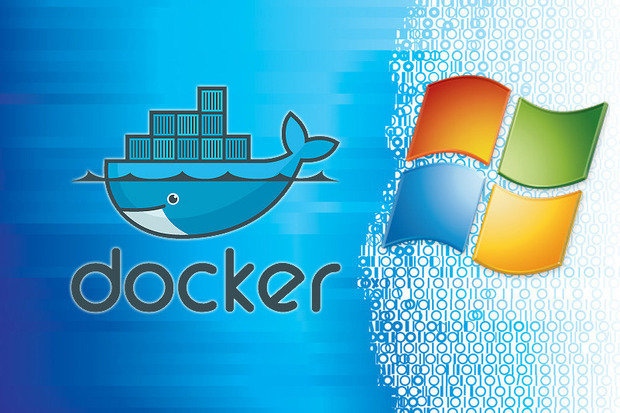Here are a handful of key things about containers that are often overlooked or poorly understood.

By now, you’ve probably heard all about containers – especially Docker containers.
But containers involve more than just Docker.
Here are five important things everyone – not least MSPs – should understand about containers today.
I chose the following items because they are often overlooked or poorly understood.
Media stories about containers don’t always capture the full details and nuance of the technologies and communities that exist in the container ecosystem.
Fact 1: Containers are Not Just Docker
The company today known as Docker, Inc., brought containers mainstream starting in 2013.
But Docker did not invent containers.
Containerization frameworks existed in the Linux kernel many years before Docker appeared on the scene.
Docker is also not the only company developing container technology today.
Most Docker technology is open source, meaning a large community develops it.
And lots of other companies – many of them in frenemy relationships with Docker – develop complementary tools for Docker. Red Hat and CoreOS are examples of such companies.
Fact 2: Docker is Not Just for Linux (Anymore)
At first, Docker containers only worked on Linux.
Then, people started using virtualization to run Docker on other operating systems by using a Linux-based virtual machine to host Docker.
Today, however, virtual machines are no longer necessary if you want to use Docker on systems other than Linux.
Docker containers run natively on Windows 10 and Windows Server 2016, meaning that no virtualization is required.
In addition, thanks to the recently introduced LinuxKit platform, it’s now possible for developers to create containers that can run absolutely anywhere.
They do this by building a Linux subsystem into the containers.
That essentially means that Linux gets packed right into the containers and can be used to host them in any environment.
Fact 3: There Are Two Main Types of Containers: App Containers and System Containers
Docker has become popular largely as a platform for running application containers. Application containers are used to host individual applications.
But you can also use containers to run a complete operating system.
This use case involves system containers.
System containers are similar to virtual machines in that they abstract a guest operating system away from a host system.
But they are more efficient because they can share more resources with the host.
The trade-off for that efficiency is that system containers are less portable: A Linux-based system container can only run on a Linux host.
Platforms like LXD and OpenVZ allow you to create system containers.
You could technically do it with Docker, too, although that’s not common.
Fact 4: Orchestrators are Controversial
If you want to use containers at scale, you need an orchestrator.
Orchestrators automate the configuration and management of containerized environments.
The most popular orchestrators today include Swarm, Mesos and Kubernetes.
They’re all open source, but some companies have chosen to endorse only certain orchestrators.
If you want to understand where a company stands within the container ecosystem and what its strategy is, look at which orchestrator it chooses to support.
For example, Red Hat is big on Kubernetes because Red Hat wants to compete with Docker, which strongly supports Swarm (even though the Docker platform is compatible with other orchestrators).
Fact 5: Containers are Not Necessarily Faster than Virtual Machines
People often refer to Docker as “faster” than virtual machines.
They say these things because of the assumption that virtual machines waste hardware resources on emulation.
The fact is, however, that modern virtualization platforms are very efficient.
For example, a virtual machine created with the open source KVM hypervisor is only about 2 percent slower than a bare-metal server.
Plus, Docker containers are not free of overhead.
They expend resources on things like overlay networks and storage.
This all said, containers do consume resources more efficiently because they don’t have to duplicate functionality available on the host system.
Containers share libraries, drivers and so on with the host.
As a result, you can fit more containerized applications on a single physical server than you could virtual machines.
For this reason, you sometimes hear containers described as a more “dense” hosting solution than virtual machines.
That doesn’t mean that containerized applications are necessarily faster.
It just means you can run more applications on less hardware.
About the Author(s)
You May Also Like


